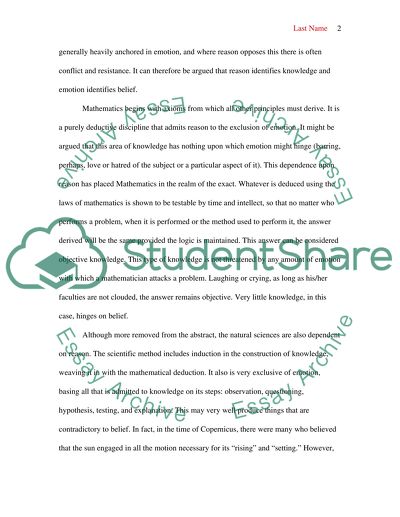Cite this document
(“Belief and knowledge Essay Example | Topics and Well Written Essays - 1250 words”, n.d.)
Retrieved from https://studentshare.org/psychology/1533964-belief-and-knowledge
Retrieved from https://studentshare.org/psychology/1533964-belief-and-knowledge
(Belief and Knowledge Essay Example | Topics and Well Written Essays - 1250 Words)
https://studentshare.org/psychology/1533964-belief-and-knowledge.
https://studentshare.org/psychology/1533964-belief-and-knowledge.
“Belief and Knowledge Essay Example | Topics and Well Written Essays - 1250 Words”, n.d. https://studentshare.org/psychology/1533964-belief-and-knowledge.


